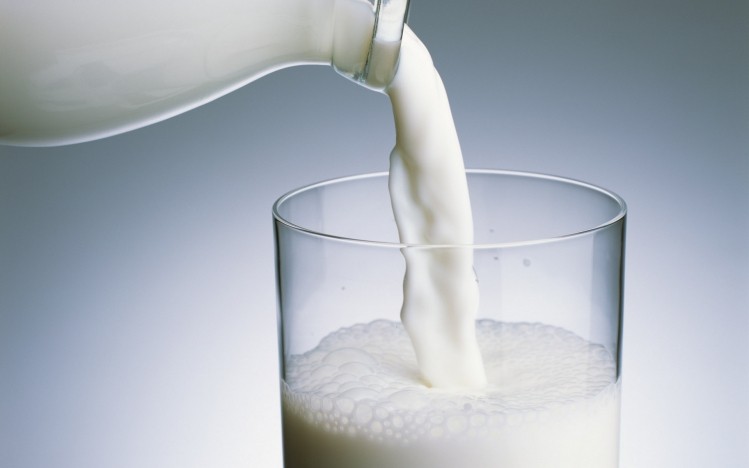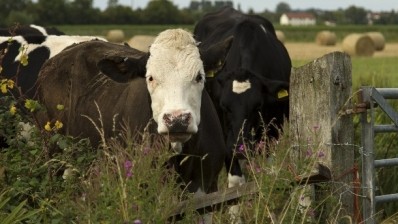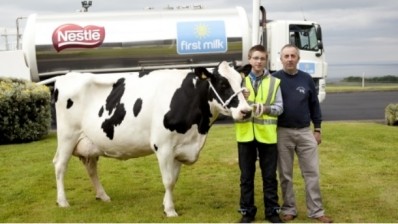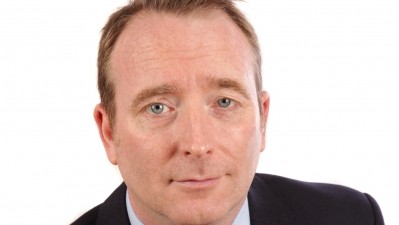First Milk turnaround could mean 70 job cuts

The proposed job cuts were announced to employees at all the organisation’s sites on May 1. They included a small number of manufacturing staff, but mainly involved a 50% reduction in head office and support teams, following a period of consultation, the organisation said.
They were part of a strategic review and tough cost reduction programme that included a new fresh milk pricing scheme linking local milk prices to the value generated, it added.
From June 1, pricing would be based on net commercial returns from First Milk’s manufacturing sites and customers, it explained.
It aims to have four manufacturing pools at Arran, Campbeltown, Lake District and Haverfordwest creameries and three balancing milk pools in Scotland, northern England and mid England/East Wales.
Milk prices
To keep it financially robust through its restructuring, First Milk’s board means to cut member payments by £3.3M and manage that by cutting average milk prices by 0.33 pence per litre (ppl).
Additionally, the board confirmed its B milk prices, paid for returns from short-term markets such as spot milk and powder, would be 16.1ppl for April and 14-17ppl for June.
First Milk has also begun refocusing on core UK dairy contracts and customers, supported by dedicated teams.
The turnaround strategy was devised by ceo Mike Gallacher, who was appointed a month ago, in consultation with the board and executive teams. He planned to communicate it to members at meetings scheduled for the first two weeks of May, the co-operative said.
Independent review
First Milk chairman Sir Jim Paice has also announced an independent review of governance and the commercial lessons from the business’ recent disappointing performance. Modelled on the recent Myners Review of the Co-operative Group, this review would seek to identify clear recommendations to share with members by summer 2015.
“None of the decisions announced today have been taken lightly, but they are necessary steps in the process of rebuilding a secure and stable future for First Milk, its members and its employees,” said Gallacher. “As a team, our aim will be to provide every support for those impacted in the coming months.
“First Milk plays an important role in many rural communities across the UK and continues to value the support it has received from all our stakeholders. Our strategy is aimed at continuing to restore the health of First Milk so that we can support those communities through delivering better prices for their milk.”
Over the past nine months, dairy farmers, including First Milk members, have been hit heavily by issues ranging from milk oversupply and downward price pressure to Russia’s dairy import ban.












